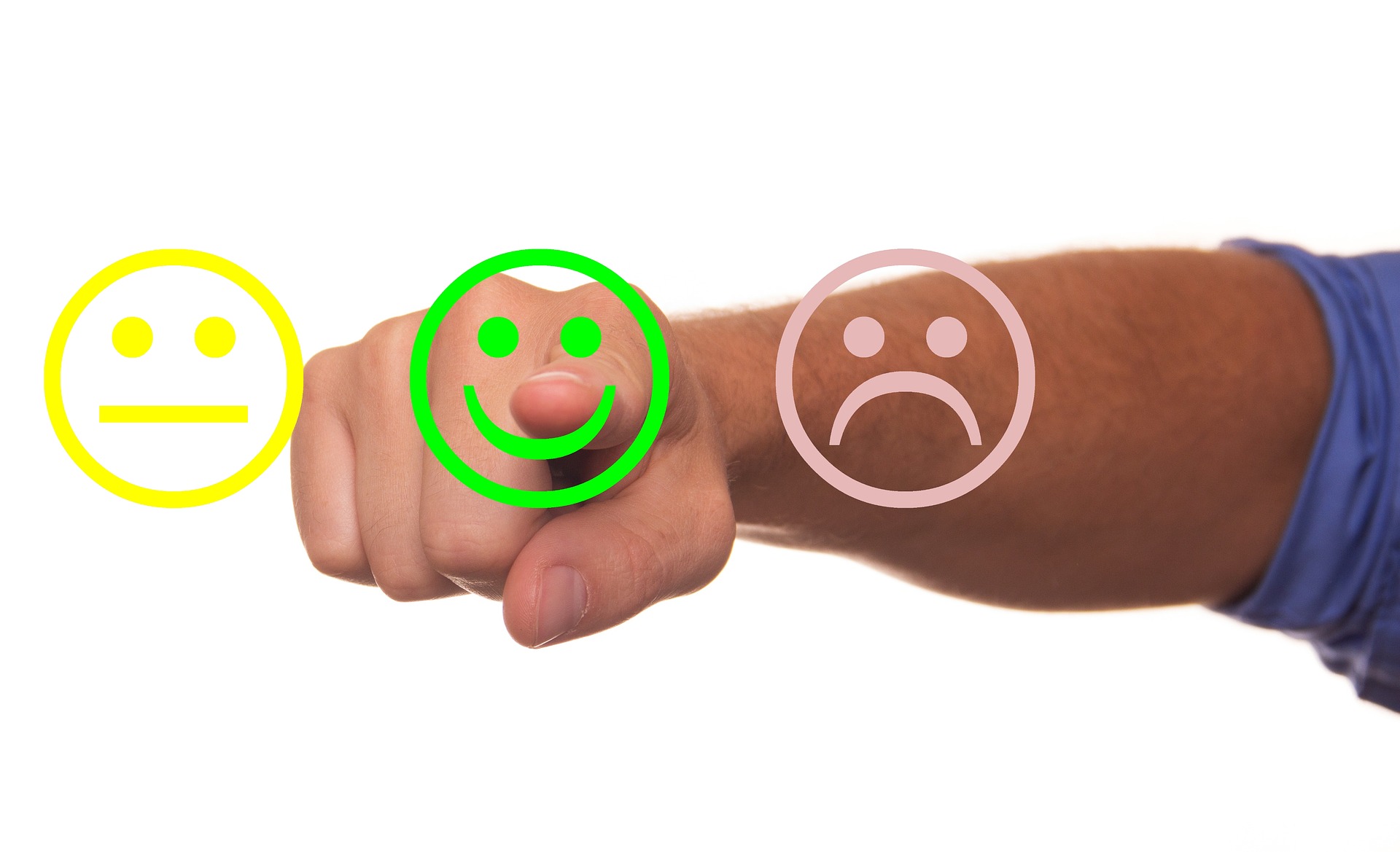Should we say goodbye to employee surveys? Data* reveals that two thirds of the workforce underestimate their anxiety levels when completing organisational surveys.
The data also reveals a 35% disparity between what employees self-report on organisational and pulse surveys and their true feelings. This includes their sensibilities on subjects such as hybrid working, mental health, productivity, innovation and adaptability.
The survey market is estimated to be worth around $4.87bn and is expected to grow by over 16% in the next five years. However, the data shows 75% of change initiatives that are driven by the results of employee surveys don’t work.
Alongside this, most people (95%) would say that they’re self-aware. Yet only 10-15% have the high-level of self-awareness necessary to reliably complete a self-reporting employee survey, and 54% of women and 40% of men engage in people-pleasing behaviour. Although many organisational surveys are advertised as being anonymous, employees aren’t trusting in the process and are concerned that any negative answers will be reflected in performance reviews and their progress.
Kendal Parmar, co-founder and CEO of Untapped AI, commented: “Most companies are aware that self-reported employee surveys don’t work, and that employees are more likely to withhold information or their true feelings. However, they simply can’t think of anything better. Surveys are boxing in employees to answer multiple choice questions, and employees aren’t trusting that the process is anonymous and any negative answers won’t be held against them. It’s time to put an end to surveys to give employers real-time, anonymous insights into how their employees are feeling, rather than outdated models that simply don’t work.”
Pandemic changes
The findings also revealed that there has been an increase in the number of referrals to PHQ-9 to assess for depression and low mood based on WHO-5 Wellbeing scores of 12 or under, since the pandemic began, with referral numbers increasing from 10-30%.
Anxiety and low mood increased significantly at the start of the pandemic, with the trend starting in Asia and spreading to the UK and US as lockdowns hit each of these regions. Company surveys that took place in February of 2020 therefore don’t reflect the feelings of employees in March 2020 when the UK lockdown began, leaving employers with outdated insights.
Parmar continued: “In some regions, individuals don’t feel that they can admit their true feelings to themselves, let alone to their employer. Abolishing surveys and using programmes and technology that helps employees to navigate change is key.”
*Data from Untapped AI







